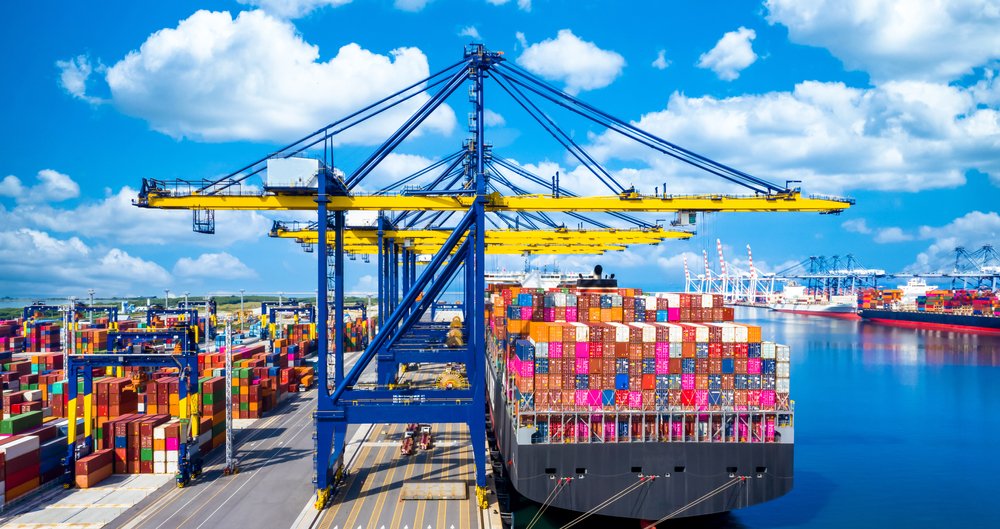The dark side of dropshipping: sustainability and transparency at stake.
Dropshipping, a popular e-commerce strategy, has its drawbacks, especially in terms of sustainability. In the digital age, where online shopping via mobile devices and computers has become an everyday convenience, dropshipping is an attractive option for many entrepreneurs. The low threshold for starting an online store and the apparent simplicity of the dropshipping model have led to a significant increase in online stores in the Netherlands and Belgium.
With dropshipping, an online store does not store the products themselves, but they are sent directly from the supplier to the customer. This can lead to longer waiting times and higher prices for consumers. A common problem is that customers think they order a product locally, while in reality it comes from far away, often from countries such as China or Taiwan. Although dropshipping is a legal form of business, the responsibility lies with the dropshipper to properly inform customers about their rights and obligations.
An important disadvantage of dropshipping is the impact on sustainability. Most products travel long distances, resulting in a significant ecological footprint. This is often overlooked when ordering products online. The long transport routes, often by plane or container ship, contribute to significant CO2 emissions and other forms of environmental pollution.
The practice of returning products is also a concern. Customers who exercise their right of withdrawal may be faced with high costs for returning products to countries such as China, often more than the value of the product itself. This not only discourages product returns, but also contributes to an increase in waste and unnecessary production.
For dropshippers, there are also profitability challenges. Because the supplier keeps part of the profit, the margins for the online store are often limited. This means that large numbers of products must be sold to be profitable.
"I just saw that my ordered sweater is leaving China. You can't really call my order sustainable. As a conscious consumer, I like to read that before placing my order."
We are sometimes asked by dropshippers whether it is also mandatory to mention that they do dropshipping. The answer: no, it is not mandatory. So you don't have to mention on your website that you are a dropshipper. In short, dropshipping is an online store that does not keep stock itself, but has products sent directly to its customers by its suppliers. That of course sounds quite attractive, but in practice things sometimes go wrong.

Ordering with a retrospective conscience: sustainability challenges in the dropshipping industry.
Sustainability within dropshipping is a complex issue. Although dropshippers are legally required to deliver good products and adhere to returns and warranty policies, there is no obligation to provide a local returns address. This makes it difficult for consumers to act sustainably. It is therefore advisable for conscious consumers to avoid dropshippers and visit physical stores for a more sustainable shopping experience.
To dropship sustainably, entrepreneurs must pay attention to the origin of the products and choose suppliers within Europe. The focus should not only be on delivery and packaging, but also on the production and materials of the products themselves. Choosing recyclable or biodegradable materials, such as organic textiles, and avoiding plastic are crucial steps towards sustainability.
There is a growing market for high ticket dropshipping, offering more expensive products from European suppliers. This reduces the distances products travel and allows dropshippers to monitor the lasting quality of the products.
In summary, while dropshipping offers advantages for entrepreneurs, there are significant disadvantages, especially in terms of sustainability. It is important that both entrepreneurs and consumers are aware of these disadvantages and take steps to act more sustainably within this e-commerce strategy.




